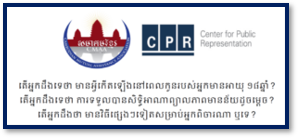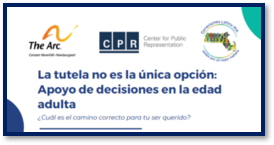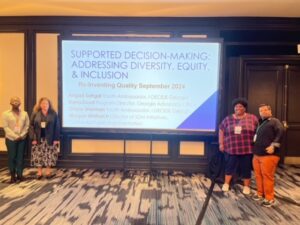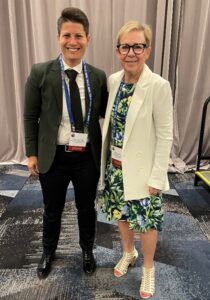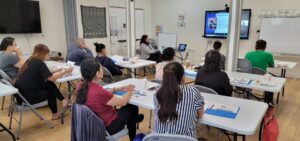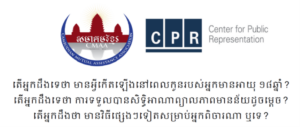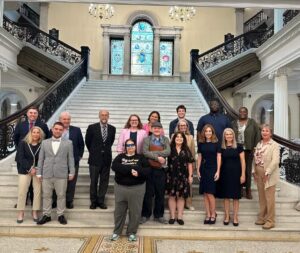
On September 9, 2025, CPR and a coalition of diverse advocates came out in force to show their support for Senate Bill 155 and House Bill 261, which would establish a legal framework for Supported Decision-Making (SDM) agreements in Massachusetts. At a hearing held by the Joint Committee on Children, Families and Persons with Disabilities, CPR testified alongside other members of the Massachusetts Advocates for Supported Decision-Making (MASDM) Coalition. People with disabilities and their supporters shared their experiences with how SDM can transform lives.
SDM allows me to choose people I trust to help me think through my decisions, while I remain the decision-maker. It gives me dignity and the freedom to stay in control of my own life … SDM is not meant to replace guardianship. It is simply another option.”
Jonathan Gardner, MASDM Co-Chair and cancer survivor
As showcased in CPR’s written testimony, at least 23 states and the District of Columbia have already passed comprehensive SDM agreement legislation. CPR strongly urges Massachusetts to join them. To learn more about the many States that have formally recognized SDM in their laws across the United States, visit CPR’s new interactive map.
Speakers on MASDM Panels at Hearing
- Jonathan Gardner, Coalition Co-Chair, SDM User (written testimony)
- Nora Bent, Coalition Co-Chair, The Arc of Massachusetts
- Barbara L’Italien, Disability Law Center
- Morgan Whitlatch, Center for Public Representation (written testimony)
- Nancy Gardner, Supporter (written testimony)
- Joshua Gladstone, Massachusetts Developmental Disabilities Council (MDDC) (written testimony)
- Ryan Horrigan, Self-Advocate (written testimony)
- Alana Russo, SDM Decision-Maker, MDDC
- Amber Pettell, MDDC
- Anna Krieger, Massachusetts Advocates for Children (MAC)
- Jevon Okundaye, MAC (written testimony)
- Lisa Sims, SDM Supporter
- Sandra Heller, SDM Supporter, MDDC (written testimony)
- Cody Rooney, MDDC
- John Ford, Massachusetts Guardianship Policy Institute (written testimony)
- Amanda Jo Benoit, SDM Decision-Maker (written testimony)
- Sandy Dear-Robinson, SDM Supporter, Nonotuck Resources Associates (written testimony)
- Malia Windrow-Carlotto, SDM Supporter
- Maggy Walto, SDM Supporter, Nonotuck Resources Associates (written testimony)
- Beth Kollett, Massachusetts Advocates Standing Strong (MASS) (written testimony)
- Rick Glassman, former attorney from Disability Law Center
- Deborah Dorfman, Mental Health Legal Advisors Committee (written testimony)
- Kim Plaut, MASS
Written Testimony of Other MASDM Supporters
- Justin Bernard, MASS (written testimony)
- Jillian Berube, MASS (written testimony)
- James Cowell, SDM Decision-Maker (written testimony)
- George Fleischner, Nonotuck Resources Associates (written testimony)
- Wynn Gerhard, Massachusetts Guardianship Policy Institute (written testimony)
- Dianne Glennon (written testimony)
- Marie Hennessey, MASS (written testimony)
- Danna Mauch, Massachusetts Association for Mental Health (MAMH) (written testimony)

